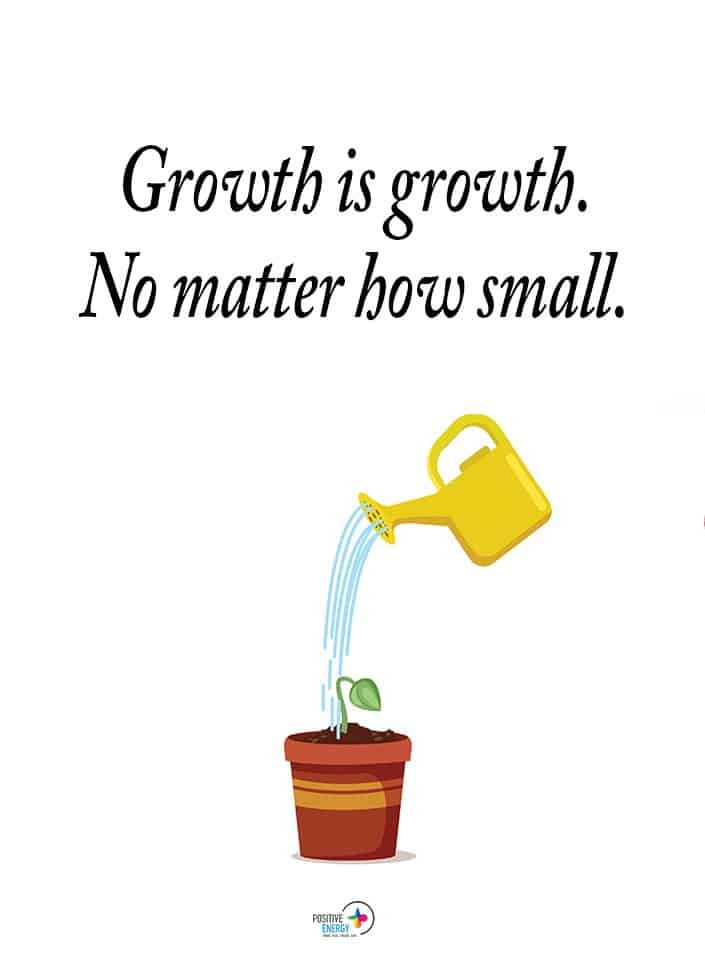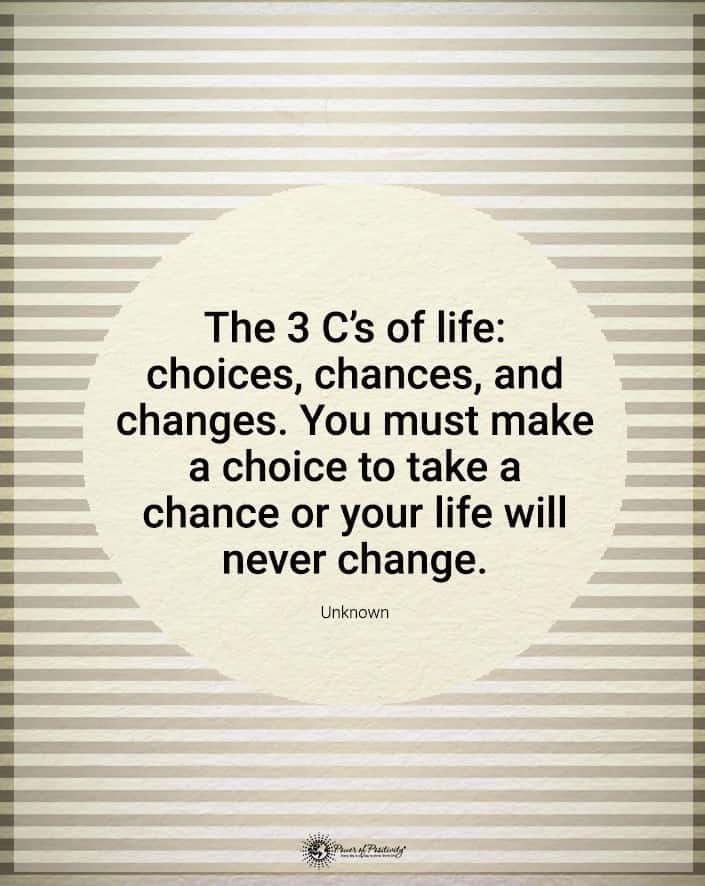Children can become extremely persistent when they want something. Sometimes, it doesn’t matter how many times you say no, and they’ll keep returning to ask again. When your child doesn’t stop nagging for what they want, it can become frustrating and overwhelming for the parent.
Even if you become annoyed, you can’t give in when your child keeps whining about something. While you might want to do whatever it takes to stop their nagging, it won’t solve the problem. Instead, it shows them that whining works to get what they want.
Studies show that when a child nags and whines, it’s one of the most distracting sounds. Since giving in to your child won’t solve the problem, it’s essential to find another way to handle it. Many people believe a child will outgrow it, but that’s only possible if you teach them to overcome it.
When your child keeps whining to get their way, you’ll want to find a way to stop the issue for both of your sakes. Luckily, there is an easy way to stop whining as it happens and prevent it later on. The best way to end your child’s whining only takes three little words, making it ideal for parents.
What Causes Children to Start Nagging?

Children don’t nag to be annoying, as experts say there is sometimes a good reason for their behavior. Whining is a learned behavior that children can pick up at any age, and understanding is helpful to child-raising
Children continue the behavior because parents tend to give in when they want their child to stop. Every time a parent experiences a moment of weakness and gives in to their child, it teaches them to keep whining.
Additionally, a child’s whining is often a cry for attention. Psychologists say that sometimes, when a child nags, they want their parents to spend time with them. Consider whether you’ve been busier lately and if so, consider spending some one-on-one time with your child so you can reconnect.
Three Words to Stop Your Child from Nagging for Good
To help your child overcome whining, you must help them unlearn the behavior. The three words that will stop the whining come from the co-author of the book series Positive Discipline, Lynn Lott. These words work on children of any age, including as young as two and as old as teenagers.
The three words you should say to your child to stop whining are “asked and answered.” Your child won’t know what you mean the first time you say it, but you can walk them through the steps. Once they are familiar with the phrase and its meaning, it’ll help stop the whining for good.
The “asked and answered” phrase should work well when a child starts nagging. They’ll ask once for something, and when you say no, come back minutes later to ask again. After a while, they may resort to throwing a tantrum.
How to Introduce These Three Words
Rather than repeating yourself or losing your temper in these situations, introduce the concept of “asked and answered.” Start by asking your child if they’ve ever heard of “asked and answered.” The child will likely tell you they haven’t, leading to the explanation.
Then, ask your child if they asked about the specific thing they wanted. The child will answer affirmatively, and then you should ask, “Did I answer your question?”. When the child replies, they’ll likely say that you did answer but then go on to plead their case.
After that, ask your child if you seem like the kind of person who will change their mind when asked repeatedly for the same thing. Ask these questions helps your child grasp that you answered the question and won’t change your mind.
Then, if they ask again, you can say, “asked and answered.” When your child becomes familiar with this concept, you won’t have to explain it again. Instead, you can say the three words when they ask for something a second time, and your child will likely stop asking.
Be Consistent
After introducing the “asked and answered” phrase to your nagging child, you must stick with it. Your child might question or beg even after you say the three words, so you’ll want to walk away. Your child will see that you won’t respond anymore, solidifying the concept in their mind.
Unlearning their whining habit can be difficult for a child, but consistency makes it possible. Continuing to answer their question after you said “asked and answered” will only reinforce their negative behavior. It will take some patience, but your child won’t nag anymore before you know it.
You’ll also want to get the child’s other parent and anyone involved in the child-raising on board with this concept. If every adult caregiver in the child’s life responds with “asked and answered,” it’ll help the child learn it more quickly. When every adult is on the same page, it prevents anyone from undermining your efforts and undoing progress.
Seven Additional Ways to Stop a Child’s Nagging
When children nag, stopping the behavior is essential. The three words discussed above are a great tactic, but you can implement other methods too.
1. Adjust How You View Nagging
Sometimes, children nag to get what they want but also whine to express their emotions. If they are frustrated or feel unheard of, whining is sometimes the only other option they can come up with.
Consider what might trigger the child’s behavior and assess whether something might be causing it. It might be worth switching up your routine if it happens simultaneously each day.
2. Call Them Out
When whining is a habit for your child, they might not even realize they are doing it. Calling them out will help them recognize the behavior and address it. Don’t be mean when you call them out, but do it gently or humorously so they know you aren’t mad.
Even when a child’s whining gets on your nerves, you don’t want to belittle them for their feelings. You don’t want to mock the child but bring awareness to their behavior. Additionally, it helps them understand that their whining is unpleasant.
3. Establish Rules About Nagging
When you set household rules about whining, it is clear that nagging is unacceptable. Rules might be necessary if you know that your child isn’t using whining to express themselves. When a child whines to get their way, it’s a negative behavior that must be unlearned.
You will want to create rules specific to your household and your child. Everyone’s rules about whining will differ, and it is okay as we all parent differently. One option is to create a rule that children must ask nicely for something and accept the answer graciously.
You’ll also want to determine the consequence for the action. For instance, you could tell your child that if they choose to break the rule, you’ll walk away and not listen until they stop. Or, you could put them in a quiet place where they feel safe to work through their emotions.
4. Give a Warning
When whining becomes a habit for children, it can be hard to break it. If you’ve set a household rule about whining, consider giving a warning before committing the punishment. A warning won’t undo your work, but it allows your child to get it together.
Remind the child that there is no nagging and that there will be consequences if they don’t stop. However, don’t give more than one warning, as it rewards their behavior. This joyous discipline can make all the difference in overcoming whining.
5. Stay Calm, Even if the Nagging Drives You up the Wall
Even when you are beyond annoyed, you must remain calm. If you allow your child to see you lose your cool, it’ll reinforce their whining. When your child sees that you are affected by their behavior, they will feel that they are getting an appropriate reaction from you.
When you feel like you might lose your temper or patience, take a moment to regroup. Take some deep breaths and close your eyes for a few seconds. You can address the situation once you feel a little calmer.
6. Ignore the Nagging
If you pay attention to your child when they act out, it reinforces the negative behavior. Even if you give negative attention, it’s better than nothing in the eyes of a child. Instead, encourage behavior modification by ignoring attention-seeking behavior.
When you ask your child to do something, and they whine, stop talking to them after giving a warning. Pretend that you don’t hear their whining, and go back to what you did before. It’ll be hard to tune out the whining, but your child will stop when they realize you won’t put up with it.
7. Reinforce Positive Behavior
When your child stops whining, make it a point to give them some positive attention. Praise them by pointing out how quietly they are doing something. When you praise their good behavior, it encourages them to seek positive attention.
Final Thoughts on These Three Little Words Can Stop Your Child from Nagging for Good
A nagging child is one of the worst things a parent can hear, but you can put an end to it. The three words “asked and answered” can remind your child that you won’t change your mind. Before you know it, they won’t whine as much, and you’ll find some peace.
However, these three words aren’t the only thing you can do to stop and prevent whining. Use the words and some other tips to ensure your child unlearns their negative behavior.




















